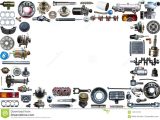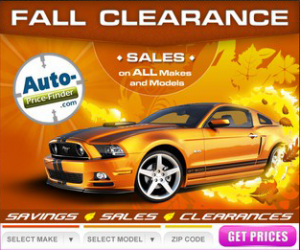
Auto Insurance Benefits
March 24, 2023Auto insurance provides protection in the event of a car accident, covering legal fees and medical bills alike. Additionally, it shields you against claims made against you by other parties involved in the incident.
Auto insurance benefits come in many forms, and it’s essential to comprehend which ones apply to you.
Liability coverage
Liability coverage safeguards you in the event that you cause an accident that causes injury or property damage to others. It also serves as legal protection in the event that you are sued for your actions.
Most states require drivers to carry a minimum amount of liability insurance. However, you may opt to purchase higher limits than this in certain circumstances.
Consider investing in personal injury protection (PIP), which pays medical expenses for you and any passengers if you were at fault in an auto accident.
Some people opt to purchase additional auto insurance benefits, such as collision and comprehensive coverages. These can help cover the expense of repairing or replacing your vehicle.
Comprehensive coverage
Comprehensive insurance, also known as other-than-collision coverage, covers any damage to your vehicle that wasn’t caused by a traffic accident. This could include theft, vandalism, fire or hail damage.
State and federal law do not mandate this coverage, but many lenders or leaseholders will require it for cars that are financed or leased. As a result, most drivers would benefit by carrying this form of coverage.
Comprehensive coverage is particularly valuable, as it covers things like hail damage, falling tree branches or cracked windshields. Furthermore, comprehensive insurance will cover the cost of replacing your vehicle if it’s stolen or totaled.
This coverage may also provide rental reimbursement if you need to rent a car while yours is being repaired. However, keep in mind that it won’t cover any costs for a rental if your vehicle gets ticketed or towed.
Collision coverage
When your vehicle is involved in an accident with another vehicle or object, collision car insurance can help cover repair costs. This is especially useful if your car has a high value or you live in an area prone to theft.
Collision coverage also shields you against damage that doesn’t result from a collision. It can cover damages caused by fire, theft, vandalism, storms, floods and falling objects.
Insurance usually includes a deductible, which is the amount you must pay before your insurer pays out for repairs. Generally speaking, the higher your deductible, the lower your premiums may be in the long run.
You have the option to discontinue comprehensive and collision coverage if you decide they’re no longer necessary. However, there are several factors to take into account such as your car’s age and whether it has significant value.
Uninsured motorist coverage
Uninsured/Underinsured Motorist Coverage is an optional auto insurance benefit that can be added to your policy. It protects you in case of being hit by an uninsured driver, which unfortunately, happens all too often.
Uninsured/Underinsured Motorist Coverage (UMC) helps cover medical expenses, lost wages and funeral costs resulting from an accident with someone without car insurance or in a hit-and-run situation. Furthermore, it may cover you as a pedestrian hit by an uninsured driver.
Most states require drivers to carry Uninsured/Defamed (UM) coverage. This coverage can be purchased separately or bundled together with liability protection and usually provides minimum bodily injury limits that match those of your liability policy.





